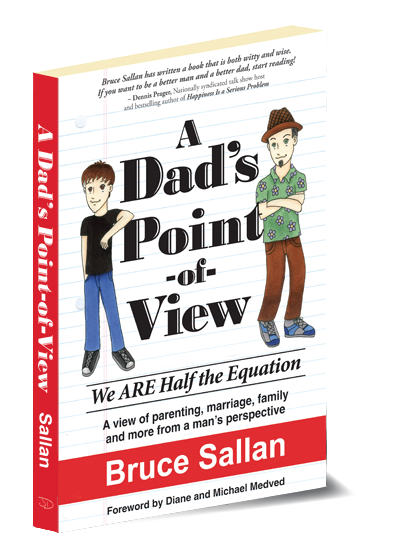
The recent earthquake/tsunami disaster in Japan hit me very hard. The images and stories that were available so quickly were profoundly scary, real, and heart wrenching. I immediately reflected on my gratitude for not suffering such a tragedy and remembered my own brush with death (written about in my “Gratitude” column) where I walked away from what could have been a deadly car crash.
At that time, the first thing I did was literally pat each limb of my body to see if they were still attached and not bleeding or broken. The second thing I did, after extricating myself from the crumbled vehicle, was look up to the sky and say, “Thank You.” Shortly after returning home, I wrote the “Gratitude” column to immediately share the powerful feelings I had from that experience and my good fortune.
Many of those feelings returned the morning of the Japanese earthquake when I first saw the still photos in my Twitter stream. Those feelings continued shortly after I turned on the television and saw the incredible video images transmitted. How could anyone not care, not sympathize, or not think about it? My older teen son was one who not only didn’t care, but made jokes, and very callous and immature “That’s Life” comments.
Yes, the frontal cortex of teens and young adults is not fully developed, but had I done such a bad job of parenting that my own son could be so heartless and flip? I do understand, all too well, that the center of the universe for most teens is Me, Me, Me! I was certainly the center of my universe when I was a teen, as my mother incessantly reminded me.
The irony is that “incessantly” was the first word that came to mind when I thought of my teen years. That word clearly carries a negative tone and that is a perfect metaphor for my own teen’s reaction and my trying to impress upon him the gravity of what had occurred in Japan.
Yet again, my mom’s words come back to haunt me, when she used to say and almost mimic Professor Higgins (from “My Fair Lady”), with “Just You Wait!” If it weren’t so painful, I would be laughing at how true her words were. What she didn’t prepare me for, however, was the times I see myself in my sons and don’t like what I see.
To be fair, David, my younger son wasn’t as callous as his older brother. He just didn’t care and if I had allowed him to switch the channel that morning, he would’ve changed the channel to the Food Channel, which has become a current favorite (Go figure?).
So, where does empathy come from? Can it be taught? Can it be taught without religion? Does a secular society or home teach compassion? Can I ask any more questions?
I won’t take on the religion vs. secular discussion other than to say that a set-of-values, which most religions provide, is a stronger tool than mom or dad saying, “Because I say so.”
The answer, beyond religion in the home, is the same one I so often declare. Be a role model for the behavior that you want from your kids. In the case of this current disaster, get involved with a charity that is supporting relief efforts in Japan. Make sure that your charitable efforts are well known in your home. Bring your younger kids with you when you go to a soup kitchen on Thanksgiving or take your used books to the library or shelter.
Hopefully, they will take some of that in. Maybe not during their teens, but the stories I heard from my mom and my friends whose kids did survive their teen years, are encouraging. My mom said, “I came back sometime in my twenties.”
I say that our job as parents of teens is simply to keep them alive. They won’t listen to much that we say so other than putting some firm boundaries on them, depending on their individual issues, risks, and behaviors, the only other thing we can do is be the best human being we can be and hope it does indeed rub off. But it doesn’t hurt to focus more on teaching teens to care.
My other belief, which isn’t really much of a comfort, is that parents can only do so much. Many people are simply born with “heart” and “empathy” while many others are born with a “mean streak” and/or “selfish heart.” This applies well beyond the teen years, as we all know very self-centered adults. So, there is some luck in this equation (see my column from November, 2009 – “Raising Kids Takes a Lot of Luck”).
If you’re misfortunate enough to have a so-called “bad seed,” you can’t beat yourself up over it. Try your best and maybe some of it will sink in. I often thank God that my sons are just regularly annoying teens. If you’re fortunate to have one of those rare gems of a kid, thank God, be grateful, and enjoy your good fortune.
~~~~~~~~~~~~~~~~~~~~~~~~~~~~~~~~~~~~~~~~~~~~~~~~~~~~~~~~~~~~~~~~~~~~~~~~~~~~~~~~~~~~~~~~~~~~~~

Get Bruce’s new book and Limited Edition (of 500) Poster, A Dad’s Point-of-View: We ARE Half the Equation at Amazon, iTunes, BN.com, or The Store here on our web site.

